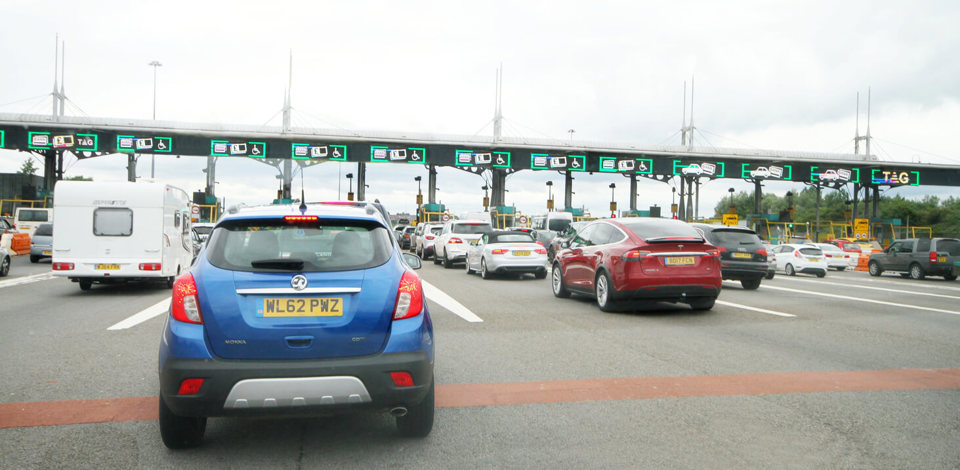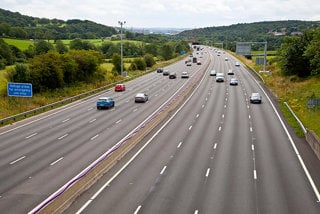The Highways Agency has announced planned technology to allow motorists to use the Dartford Crossing without having to stop at barriers and pay is to be delayed by up to four weeks.
Originally planned to be in place by October 28 2014, the system will now not be ready to use until late November.
Highways Agency project leader Nigel Gray said: “Dart Charge is a massive change for drivers using the Dartford Crossing and it’s only right that it is thoroughly tested before being introduced.
“We want to help drivers to be ready for the improvements we’re making at the Crossing. That’s why we are saying that Dart Charge will start during late November. We can reassure drivers that we’ll give them plenty of notice before the changes are introduced. They will have considerable time to sign up for a pre-pay account, which for most will be the easiest and cheapest way to pay the charge – with discounts of up to a third on every crossing.”
Malcolm Bingham, FTA’s head of road network management policy said: “This is disappointing news that the free-flow tolling at Dartford is now to be delayed – the costs of this hold-up are unacceptable to the freight industry. FTA has been asking for a long time for this system to be introduced as this is the appropriate way forward in order to reduce a good deal of administration costs for the freight industry in dealing with tolls, charges and queues at the crossing.”
The full benefits of the scheme will be delivered by the end of April 2015, when all changes to the road layout will be completed.
The website, systems and infrastructure needed to operate these new arrangements have been installed and are currently being tested to ensure that they operate reliably and are easy to use.
The timetable will ensure that drivers have enough notice to prepare for the changes and that the system is fully tested before it is introduced.
FTA has previously expressed support of the free-flow system, saying that ‘it would be good news for the freight industry’ within its response to the Department for Transport consultation on the proposals to revise the road charging regime. On behalf of its members, the Association stated that freight operators have always maintained that the toll plazas themselves cause the majority of the congestion at the crossing.

















Melvyn Day Tinys Taxis Ltd Hitchin - 22/09/2014 13:47
Every little bit helps, HOPE we will be able to use existing London Congestion Charging accounts to pay automatically but somehow doubt it.